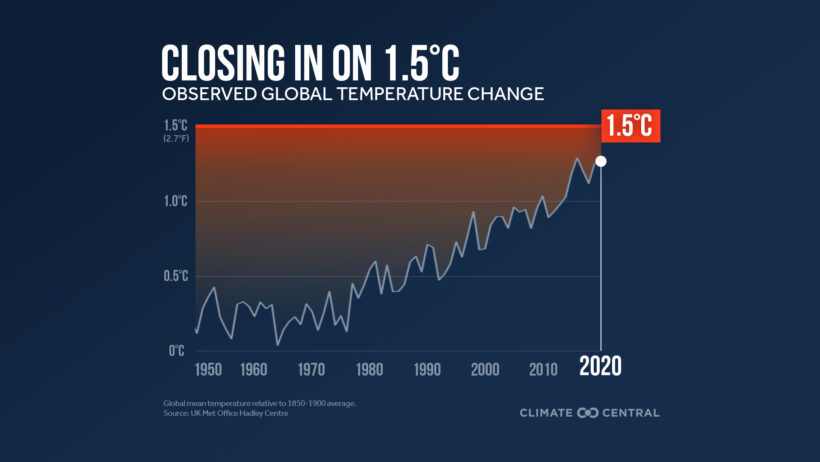In a world increasingly characterized by existential threats posed by climate change, the dialogue surrounding influential figures such as Elon Musk has garnered considerable attention. Musk, renowned for his audacious ventures—from electric vehicles to space exploration—has often illustrated a complex relationship with the discourse of climate change. While his companies, particularly Tesla and SpaceX, epitomize innovation geared towards sustainable solutions, skepticism surrounds whether his personal beliefs align congruently with the scientific consensus on climate change.
At the outset, it is crucial to recognize that Musk’s corporate endeavors ostensibly advocate for climate-friendly innovations. Tesla’s commitment to electric vehicles serves as a cornerstone in the quest to mitigate greenhouse gas emissions. By promoting the transition from fossil-fueled vehicles to electric cars, Musk positions himself as a champion for climate action. However, the question arises: does the man himself genuinely endorse the scientific notion of anthropogenic climate change, or are his actions merely a byproduct of market opportunity?
Examining Musk’s public statements provides insight into his stance on climate change. In interviews and public appearances, he has articulated the urgency of confronting climate issues. His involvement in discussions about renewable energy and sustainability strengthens the narrative of a tech titan who acknowledges the perilous nature of climate change. Nonetheless, there exists a dichotomy between public advocacy and personal conviction; Musk has occasionally espoused controversial views pertaining to climate science that have raised eyebrows among experts.
For instance, Musk’s tweets often traverse the realm of skepticism, sometimes conflating legitimate scientific inquiry with conspiracy theories. His penchant for sensationalism on social media can undermine the critical messages regarding climate change, leading to confusion and misinformation among his followers. This ambivalence invites contention from environmentalists who question whether Musk’s public persona as a proponent for sustainability is genuinely reflected in his beliefs about climate change. The juxtaposition of his corporate achievements in green technology against his unpredictable rhetoric establishes a paradox that complicates the understanding of his true convictions.
Furthermore, the role of other tech titans in the climate change narrative must not be overlooked. Figures like Jeff Bezos and Bill Gates have similarly ventured into the environmental sphere, albeit with varying degrees of public endorsement for climate science. Bezos, through the Bezos Earth Fund, has pledged substantial financial resources to combat climate change, while Gates has focused on innovative solutions to energy and agriculture challenges. This concerted effort by leaders of industry raises the question of whether active engagement in climate-related initiatives equates to a genuine belief in the urgency of the crisis.
Yet, it is paramount to scrutinize the motivations behind corporate involvement in climate-related issues. Often, significant investments in sustainability can be perceived as strategic moves to enhance brand image and profitability rather than altruistic commitments to the planet. The phenomenon of “greenwashing” illustrates this concern, where companies may project an environmentally-friendly facade without instituting substantive environmental improvements. Such actions not only obfuscate the truth but can also mislead consumers and investors about the genuine commitment of these tech titans to combat climate change.
Moreover, it is worth noting that the intertwining of technology with environmental initiatives is not inherently virtuous. The production of electric vehicles, while touted as a sustainable alternative, necessitates considerable resource extraction, particularly for lithium-ion batteries, which can have detrimental impacts on ecosystems and communities. This raises a critical discourse about the holistic understanding of sustainability—does innovation inherently endorse ecological stewardship, or can it perpetuate harm under the guise of progress?
The debate surrounding Musk’s stance on climate change mirrors a larger societal quandary regarding the influence of technology on environmental degradation. The advent of powerful technological solutions provides hope, yet the complexities arising from their production and implementation must be deeply evaluated. Innovators like Musk wield significant influence, which necessitates a degree of accountability. As they advocate for solutions, it is vital that they articulate a coherent stance on climate science, recognizing and addressing the broader ramifications of their enterprises.
In this age of planetary crisis, the dialogue surrounding climate change must transition from rhetoric to tangible action. The intersection of technology and environmentalism demands that leaders not only promote innovations but also actively engage with the scientific community to advocate for evidence-based solutions. The commitment to sustainability should transcend mere corporate strategies and evolve into a collective ethical responsibility.
As stakeholders in this global narrative, it is incumbent upon the public, academics, and policymakers to scrutinize the positions of those in power. The alignment of corporate objectives with ecological principles must be critically evaluated. Musk and his contemporaries can, and should, utilize their platforms to foster transparency, inspire genuine commitment, and illuminate the path forward in addressing climate change. Recognition of climate change as an undeniable reality should unite innovators and environmentalists alike in pursuit of a sustainable future.








